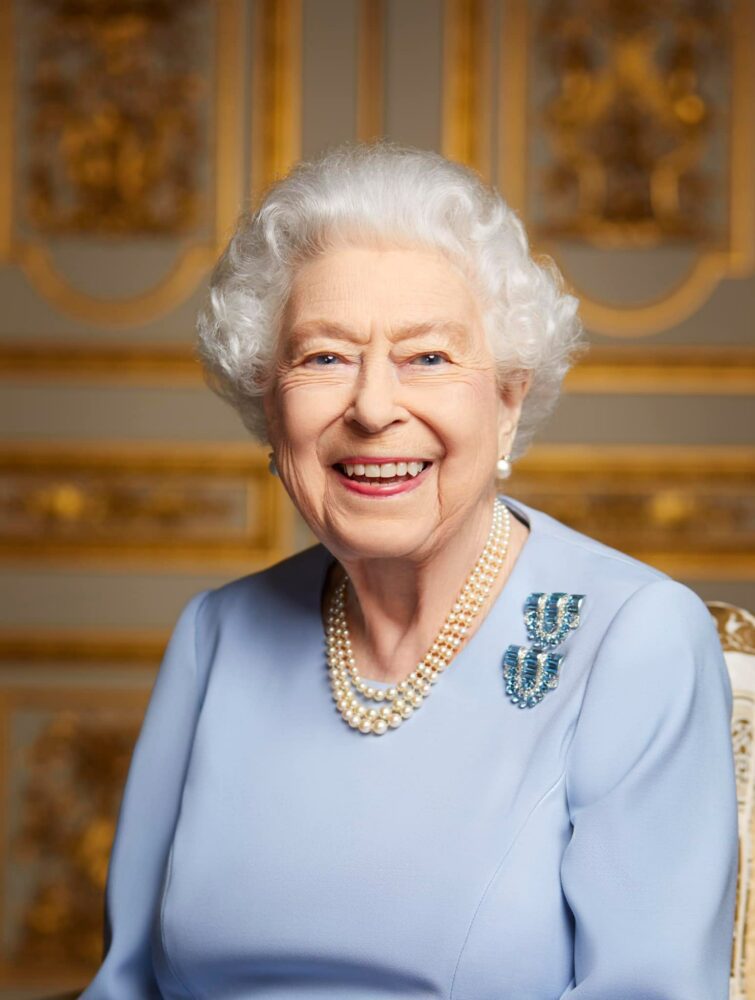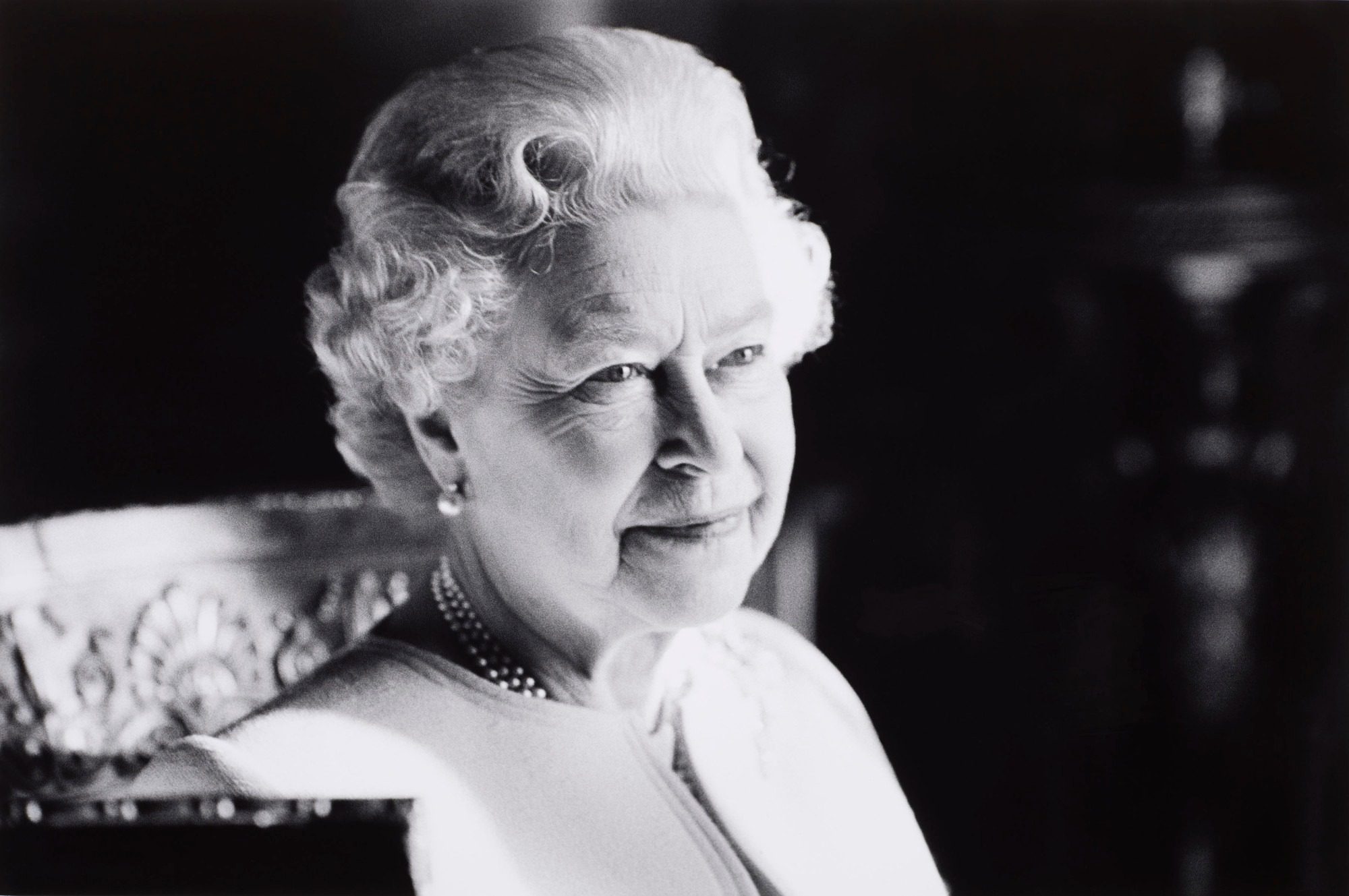Blog by Karenne Weaver, Hospice at Home Manager
When I heard the news from Buckingham Palace about the passing of the Queen, I was hit by a profound sadness because this was someone who had been, whilst distant, a part of my whole life. I hadn’t known another monarch and hadn’t witnessed the nationwide sadness that prevails when one dies. I remember the death of Princess Diana and although deeply shocking, I think that the nation sees this very differently. There are parallels though to everyday life; this was a lady who at the end of her days was surrounded by her loving family – much the same as any of the patients who we care for every day here at the hospice. It is easy to imagine that things are different for the royal family because of their trappings of wealth and exposure to the media, but in reality they are just a family mourning the loss of their beloved mother or grandmother.
Planning for death
The one thing that is very different though is the amount of planning that has been happening, possibly since her own ascension to the throne, in preparation for her death. This wasn’t done without her knowledge but was orchestrated by her to ensure that what happened as she was dying and after she had passed away was how she wanted it – how the country could mourn her and ensure that there was the least possible upheaval following her death. Both her and the Duke of Edinburgh had given much thought to their funerals – remember the Landrover as coffin bearer! Various government departments and military services had ‘practised’ the details of the Queen’s funeral many times over during the last few years. This was advance care planning in extreme detail. The royal family and their staff had no problem choosing which hymns would be sung at the funeral; the Queen had already decided. The logistics of arranging the lying in state and the transfer of her coffin were discussed with her Majesty and whilst her funeral was beyond what is normal for us and required more preparation than we could ever imagine, it highlighted how some improved advance care planning by us all can take the onus away from our family and allow our families to grieve and not worry about ‘getting it right’.
Talking about death and dying
As healthcare professionals, we often feel awkward about discussing how someone sees their own death: Where do they want to be? Who do they want there? What funeral arrangements do they want? However once that barrier has been broken, patients are often relieved to talk about something that may be within their own control and that will help to relieve their families of the burden of arranging a funeral. I remember one patient years ago who had created a CD of photos from her life, and she wanted these to be shown during her wake. She was so excited to show me what she and her son had developed. Patients may not offer to speak about their wishes but a subtle prompt may inspire a massive conversation that helps both the patient and their family.
Learning from Her Majesty
If anything positive can come out of the national grief, let it be that we learn from Her Majesty and her ability to talk about her own demise and plan those finer details so that a family in grief doesn’t have to. Let’s unite in our sadness but also celebrate Her Majesty’s life and how she impacted on us. Let’s look back at all the amazing things that she did with her life and how she served us, the people of her country, with grace and respect.


